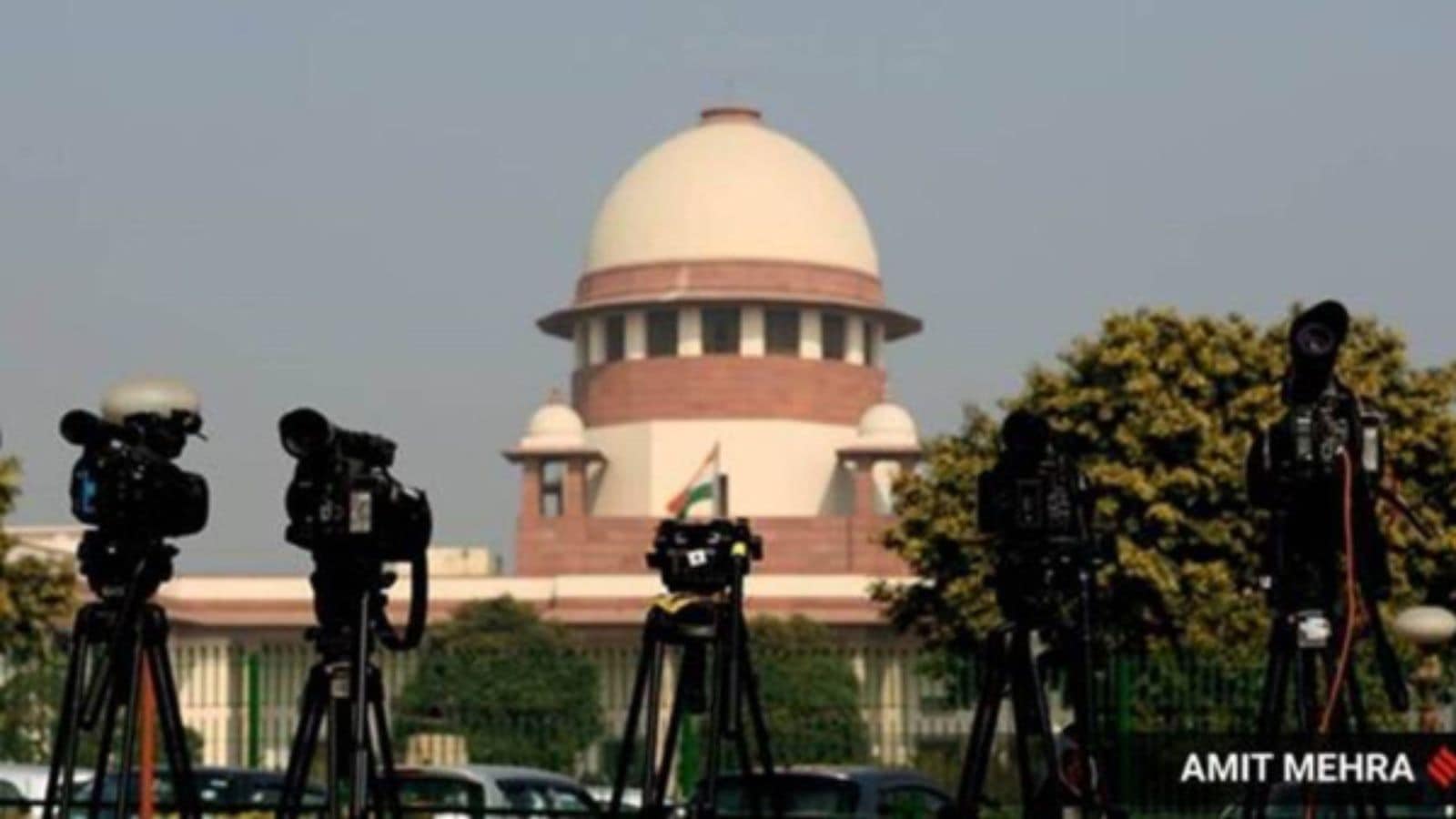 |
|
The Supreme Court of India recently questioned the central and West Bengal governments regarding their handling of the deportation of convicted Bangladeshi immigrants. The court expressed its frustration over the significant delay in deporting these individuals, even after their convictions under the Foreigners Act. The case, originating from a suo motu petition filed by the Calcutta High Court, highlighted the prolonged detention of illegal immigrants in West Bengal jails, even after serving their sentences. The justices noted that twelve years had elapsed since the case was transferred to the Supreme Court, with minimal progress made towards resolution. This inaction prompted a sharp rebuke from the bench, questioning the rationale behind seeking verification from Bangladesh before deporting individuals already convicted of illegal immigration. The court's central argument was that the act of conviction itself establishes the individual's status as an illegal immigrant, negating the need for further verification from the neighboring country. This seemingly redundant verification process only serves to prolong the already protracted detention period.
The contention by both the Centre and the West Bengal Government that deportation hinges on nationality verification was met with strong disapproval. Justice J B Pardiwala questioned the logic of this approach, emphasizing that the conviction under the Foreigners Act inherently establishes the individual's illegal status, rendering further verification superfluous. The court emphasized that the process of verification and deportation, as outlined in a 2009 Government of India circular, should be completed within 30 days. The delay, according to the court, has created numerous additional problems, including significant security concerns and the immense strain on India's correctional facilities. The sheer number of individuals languishing in detention raises serious questions about the efficacy and fairness of the current system. The court pointed out that the prolonged detention, coupled with the provision of shelter, medical care, and other necessities, is an unintended burden on the Indian taxpayers. This contrasts sharply with the fate these individuals might face in other countries, highlighting the humanitarian implications of the situation.
The lack of adequate detention centers and correctional homes in West Bengal also drew sharp criticism from the court. The justices questioned the state's capacity to handle the influx of illegal immigrants, noting that keeping convicts in regular jails after their sentences is unacceptable. Justice Pardiwala specifically emphasized that merely labeling a jail as a 'correctional home' does not address the fundamental inadequacy of providing proper facilities for those awaiting deportation. The court stressed that correctional homes provide a degree of freedom of movement and interaction, which is notably absent in the confinement of regular prisons. The court's concerns went beyond the immediate logistical problems; it highlighted the ethical implications of indefinite detention and the necessity of finding a swift and humane solution to the issue of deportation. The justices emphasized the need for immediate steps to address the situation, not only for the benefit of the detainees but also for the efficient administration of justice and the overall security of the nation. The continued inaction and lack of proactive measures by the government have left the court with a deep sense of unease, and the Justices urged for prompt action and resolution.
The case raises significant questions about India's border security policies and its capacity to effectively manage illegal immigration. The porous nature of the border and the consequent influx of undocumented immigrants contribute to complex challenges that transcend legal and administrative issues. The lack of adequate infrastructure to process and manage these individuals underscores the need for a holistic approach that involves strengthening border security measures, improving detention facilities, streamlining deportation procedures, and ensuring that the rights of all individuals are protected throughout the process. The Supreme Court's intervention serves as a critical reminder of the need for a more efficient and humane system to handle illegal immigration while upholding the rule of law and the dignity of all those involved. The court's decision underscores the urgent need for a comprehensive reform of the system to prevent the recurrence of such prolonged detention and the associated human rights concerns.
